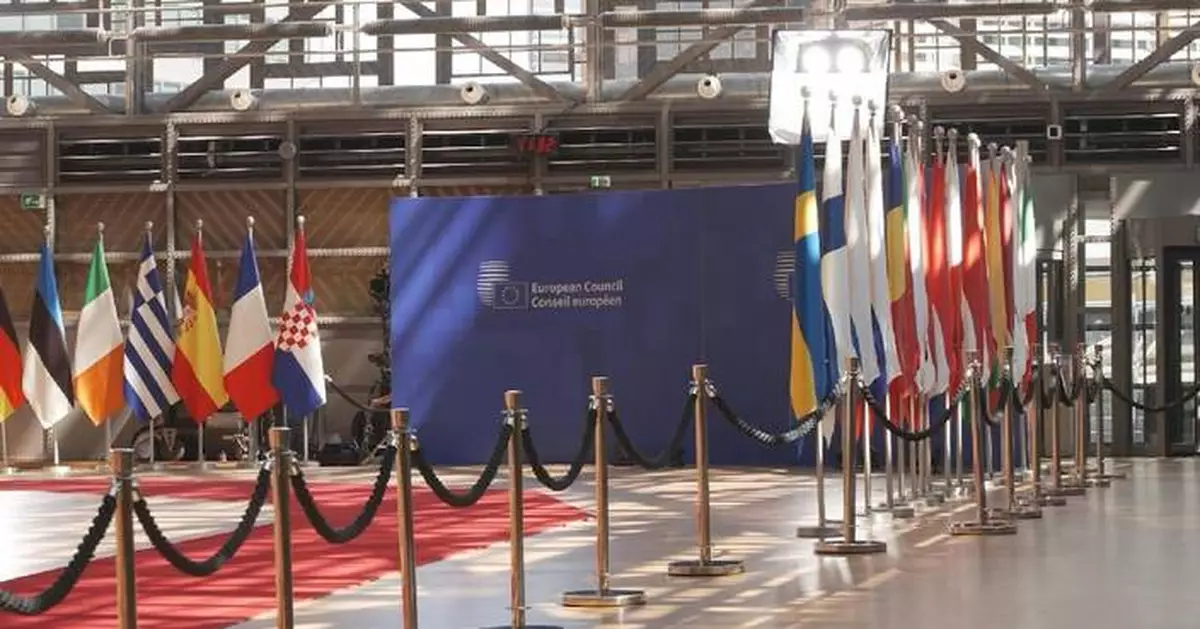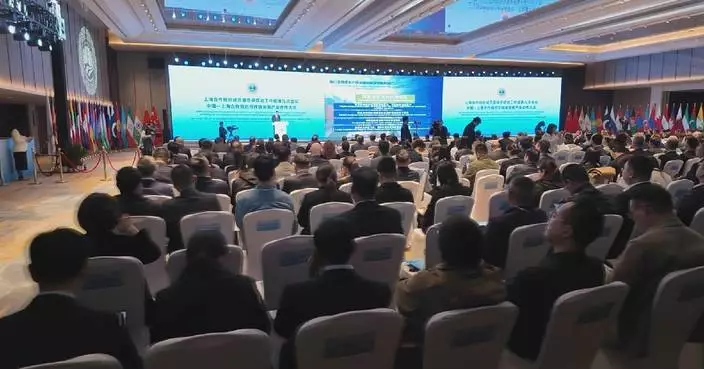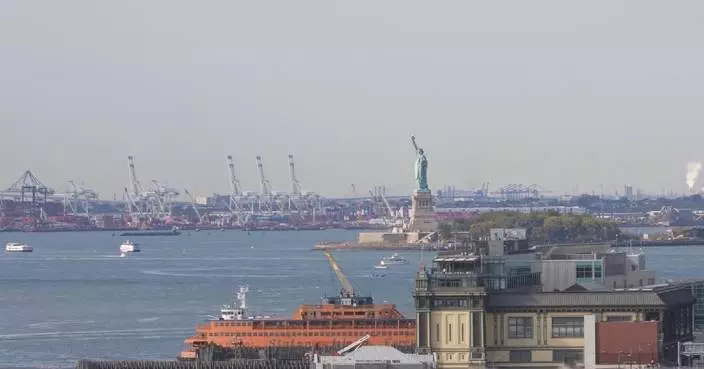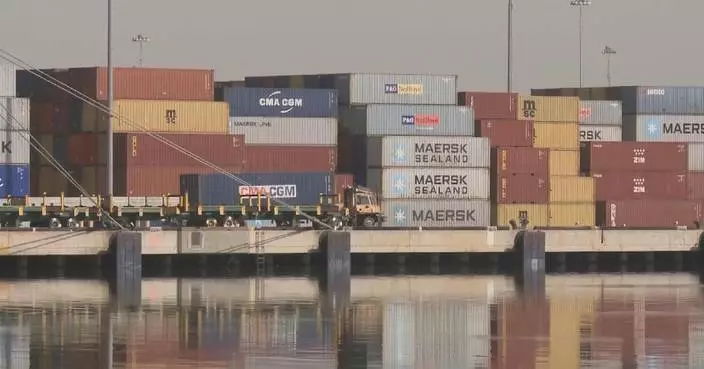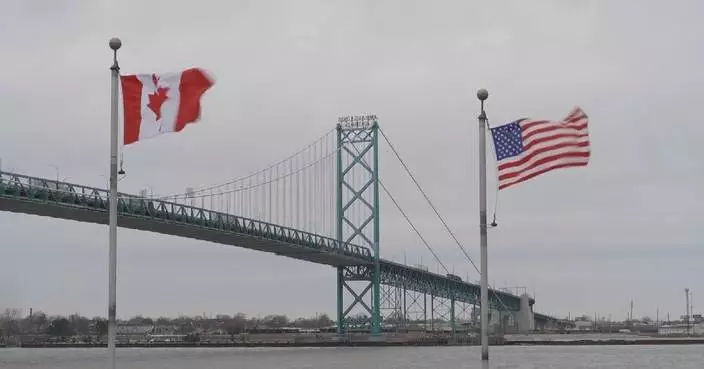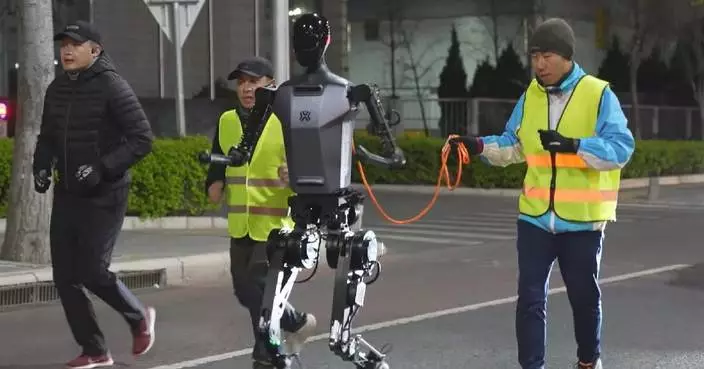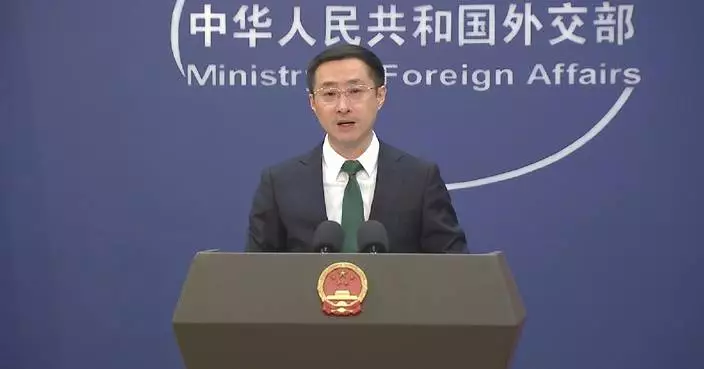EU leaders reached agreements on Thursday regarding key leadership positions during the European Council summit despite ongoing differences.
The summit, which originally should run from Thursday to Friday, ended in advance.
The leaders agreed on nominating Germany's Ursula von der Leyen for the second term as president of the European Commission. They also agreed to elect former Portuguese Prime Minister Antonio Costa as president of the European Council, while nominating Estonian Prime Minister Kaja Kallas as the EU High Representative for Foreign Affairs and Security Policy.
These leadership decisions are safe choices for EU leaders to maintain centrist forces under the current political circumstances.
Regarding the strong performance of right-wing forces in France, Germany and other countries in the recent elections, the current selections would be helpful to maintain the stability and unity of the EU.
However, the decisions on leadership roles have triggered some discontent.
Italian Prime Minister Giorgia Meloni voted against Costa and Kallas while she abstained on von der Leyen's re-appointment. Hungary's Prime Minister Viktor Orban voted against von der Leyen and abstained on Kallas.
Von der Leyen's re-election is still uncertain. In the European Parliament vote expected to be held on July 18, she needs to obtain 361 votes out of 720 votes to be re-elected.
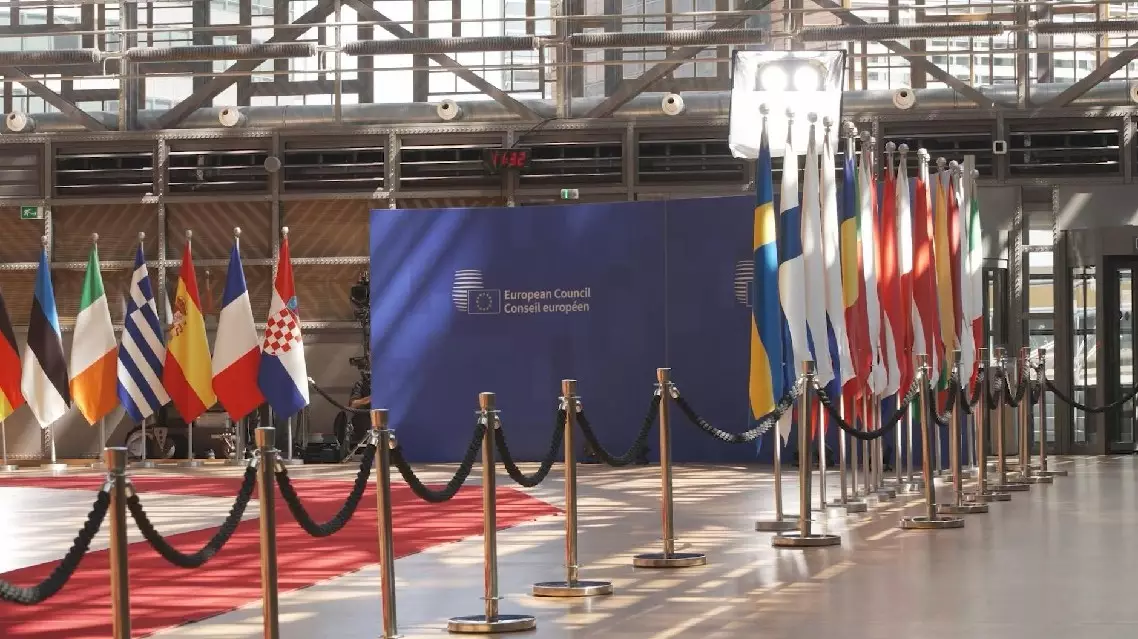
EU leaders agree on top posts despite differences
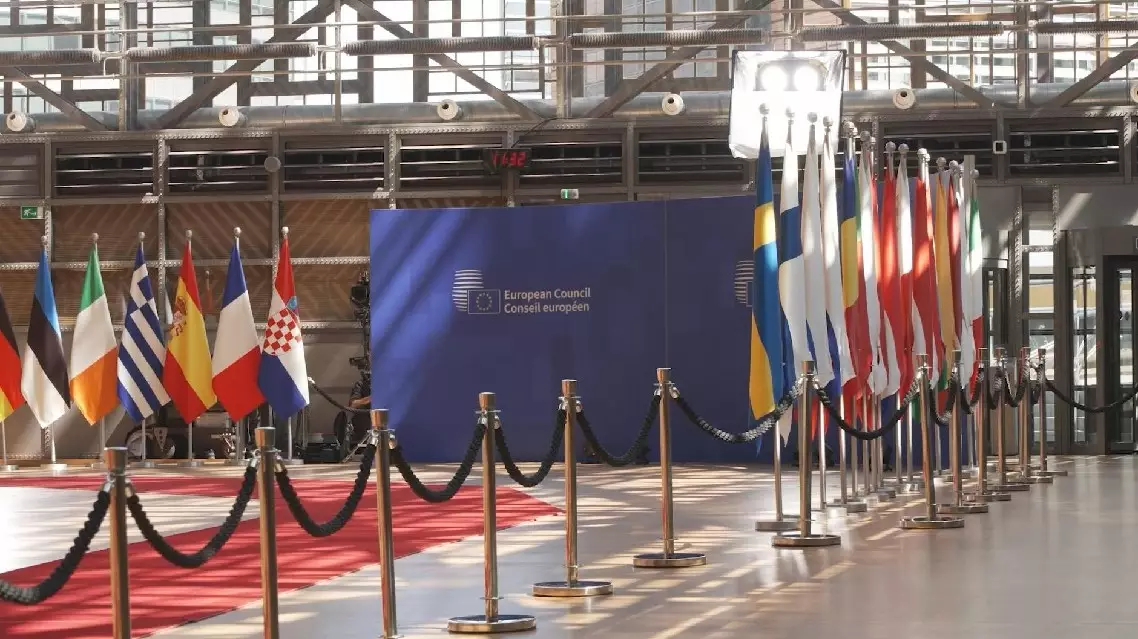
EU leaders agree on top posts despite differences
As the uncertainty surrounding the Trump administration's tariff policies fuels inflationary fears in the United States, a number of consumers have resorted to panic buying amid growing concerns that costs could shoot up.
With price hikes expected on goods such as automobiles, beauty products, and even on everyday food items, many residents say they have been rushing out to stock up before prices climb even further.
In recent street interviews with the China Global Television Network (CGTN), New York residents shared how the impact of the ongoing tariff war is affecting their daily lives.
"Actually, I already have. I've already started stocking up. My mother has a whole stockpile, and she's panicking. But I told her we're going to be okay, as we live in New York City," said Amelia Guilford, a retail worker who was visiting her mother in the city.
With many anticipating a rise in inflation, many Americans are concerned about the long-term financial impact, and say they are now being more prudent with their money.
"I think we have to [spend more carefully]. Because otherwise you're going to be in real trouble economically or in debt, because if you spend more than what you get, that's going to be a lot of trouble," said Jose Pena, a janitor.
The tariffs, which directly affect the price of imported goods, have led to predictions of significant price increases, particularly on goods coming from China, which has been the biggest target of the tariffs.
"[Products] from China are going to be more expensive. I cannot exactly name what kind of products one by one, but every one that comes from China is going to be more expensive, without a doubt," said Pena.
Public frustration is evident, with some questioning the logic behind U.S. President Donald Trump's risky and unpredictable pursuit of tariffs on other countries, as the debate over the long-term consequences of the policy intensifies.
"I think he's just making enemies, and I trust him not. And I think he's making a mess of everything. I think it's all going to come around and flip back. The changes he's doing are completely unsustainable," said Lois Adams, a nurse, as she expressed her disapproval of Trump's approach.
Ordinary Americans are facing up to the harsh reality of rising prices and remain anxious about the future economic impact of the continuing trade war.
Jerome Wilkins, a security worker, voiced concerns about the broader societal implications of the tariffs, warning it will again be the poorest people who suffer the most.
"I think that the tariffs are horrible. I think that it's like privatizing America, and instead of America being a country for the people, it's a corporation for the rich. And it's just for them to get richer, while the poor get poorer. And that's basically how I feel," said Wilkins.
Meanwhile, the Chinese government announced it would raise tariffs on all imported U.S. goods from 34 percent to 84 percent, effective Wednesday, in response to the U.S. decision to escalate its "reciprocal tariffs" on Chinese products, further adding to the economic strain.
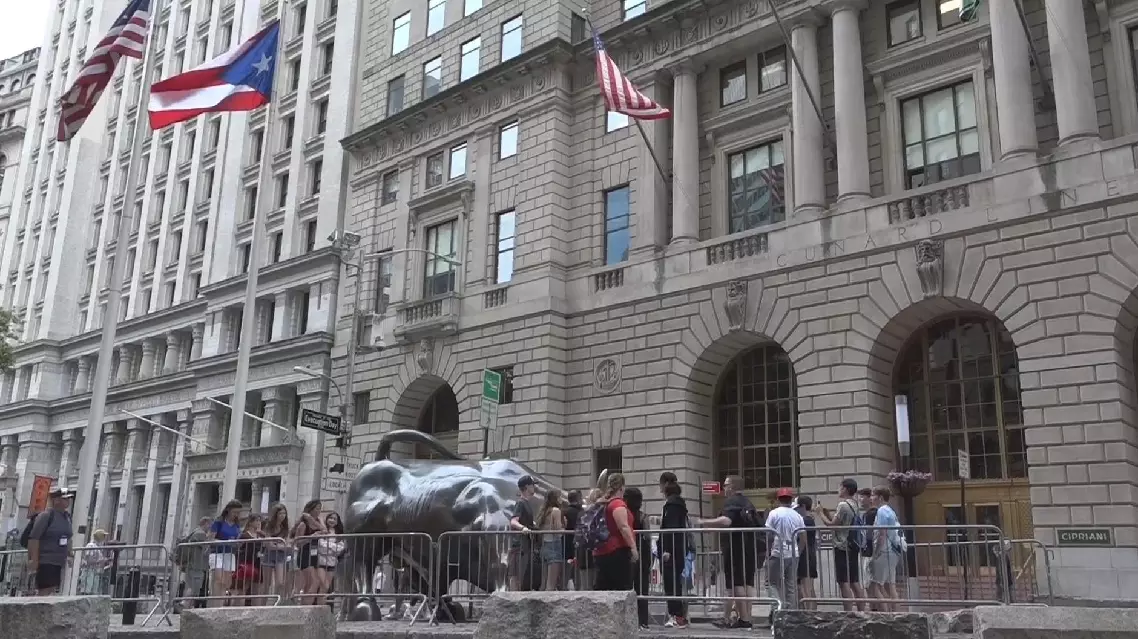
Tariff war triggers panic buying in US, raising public concerns over rising costs




